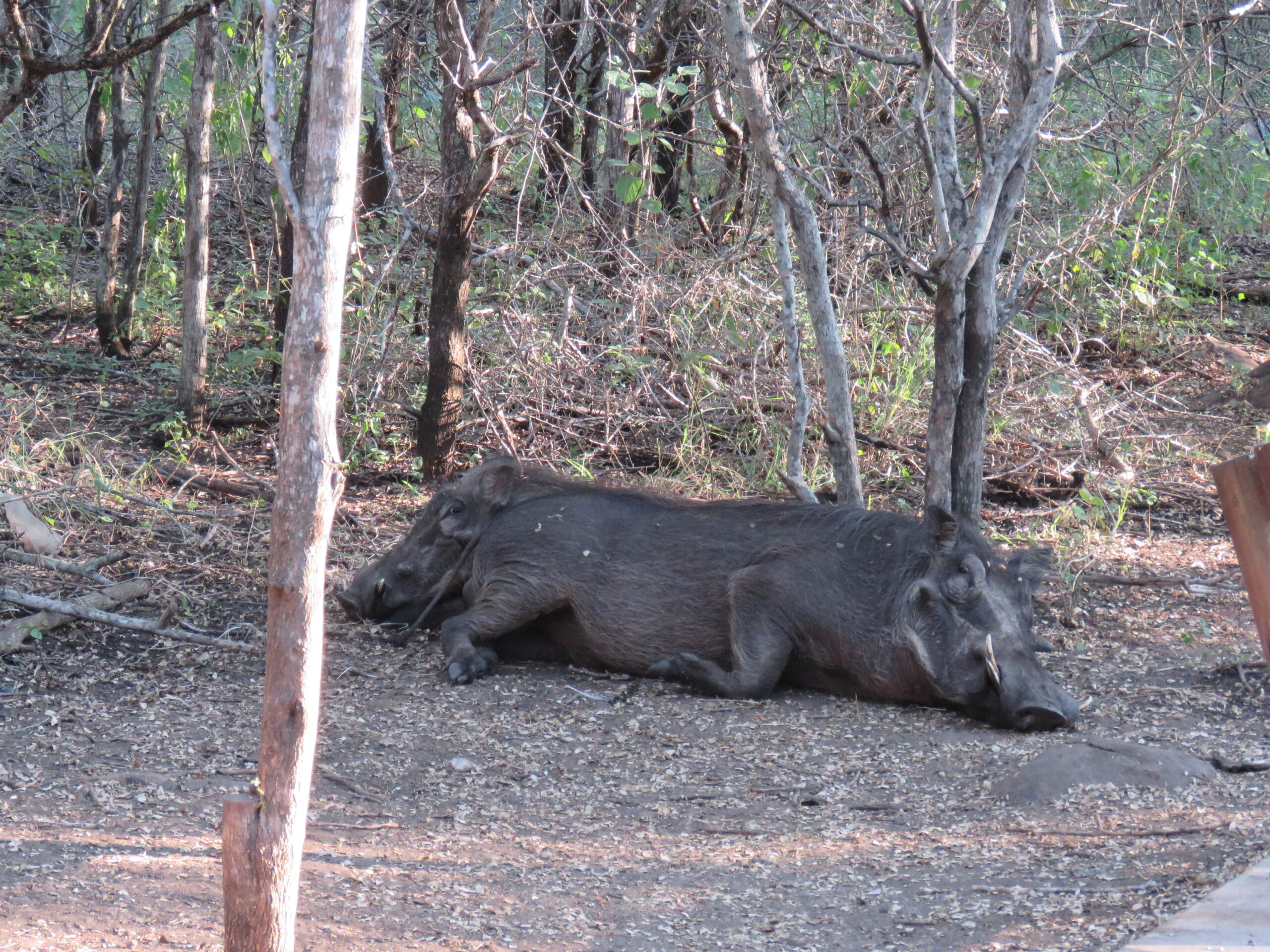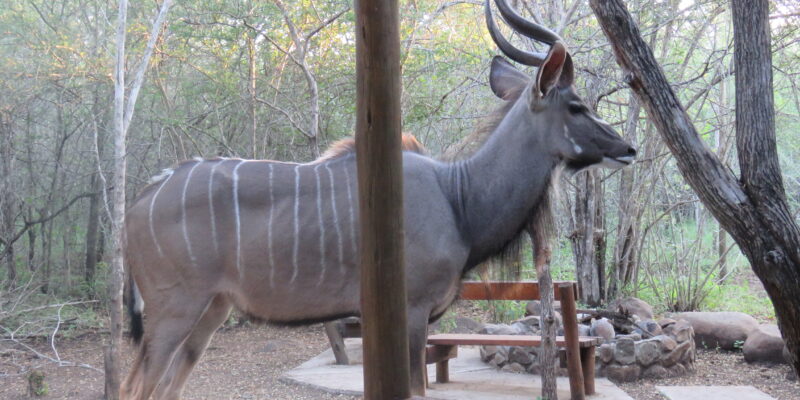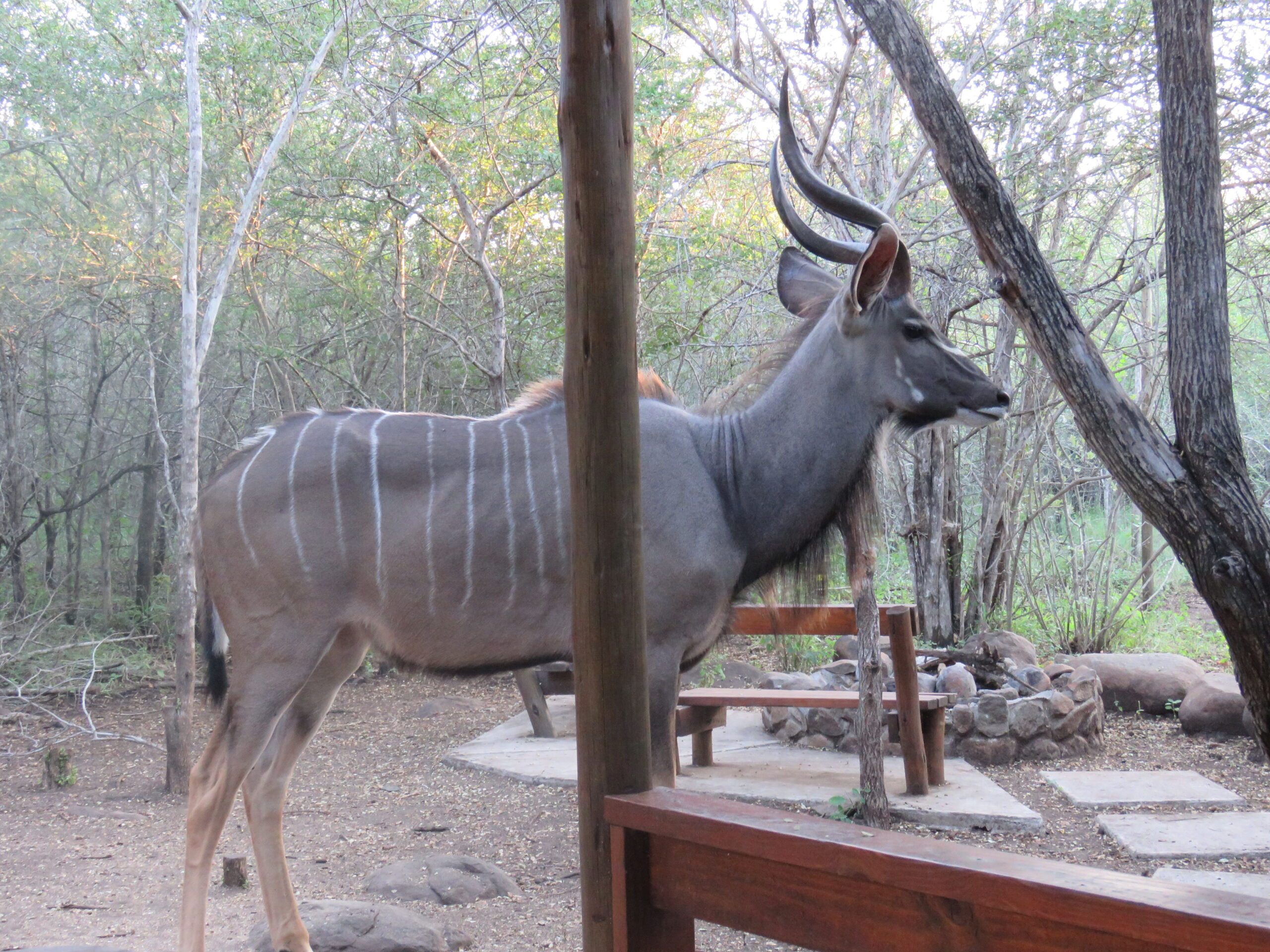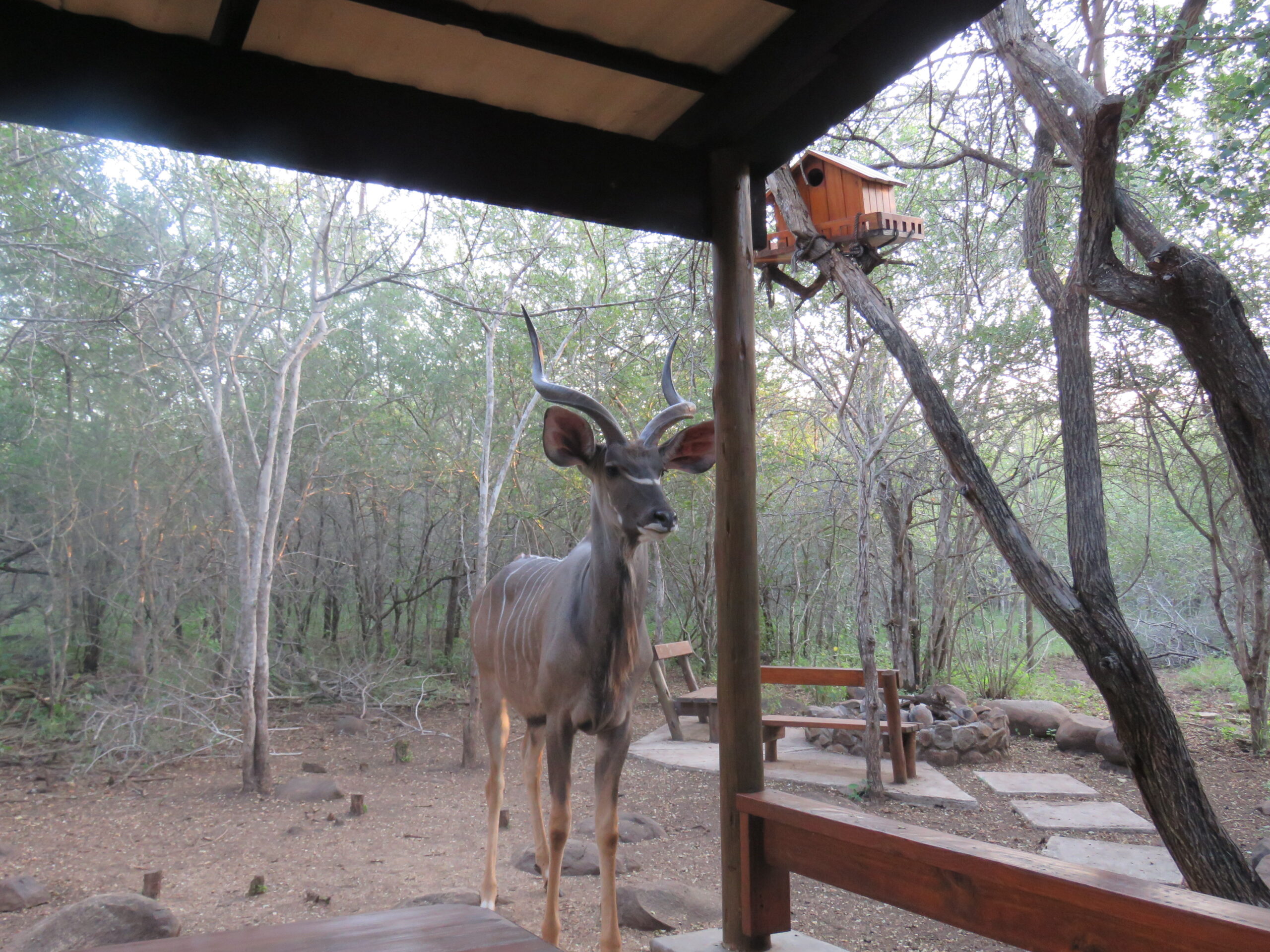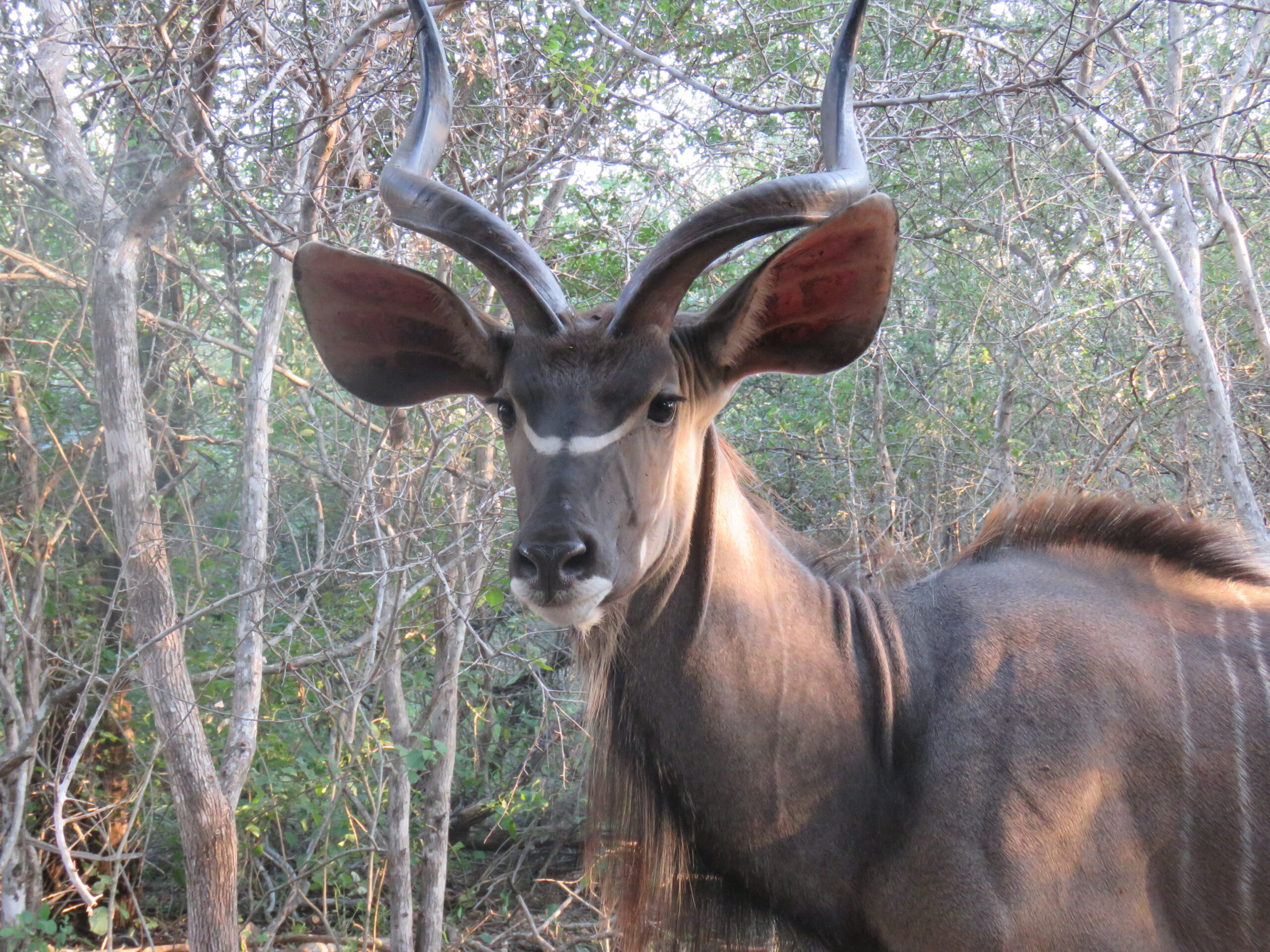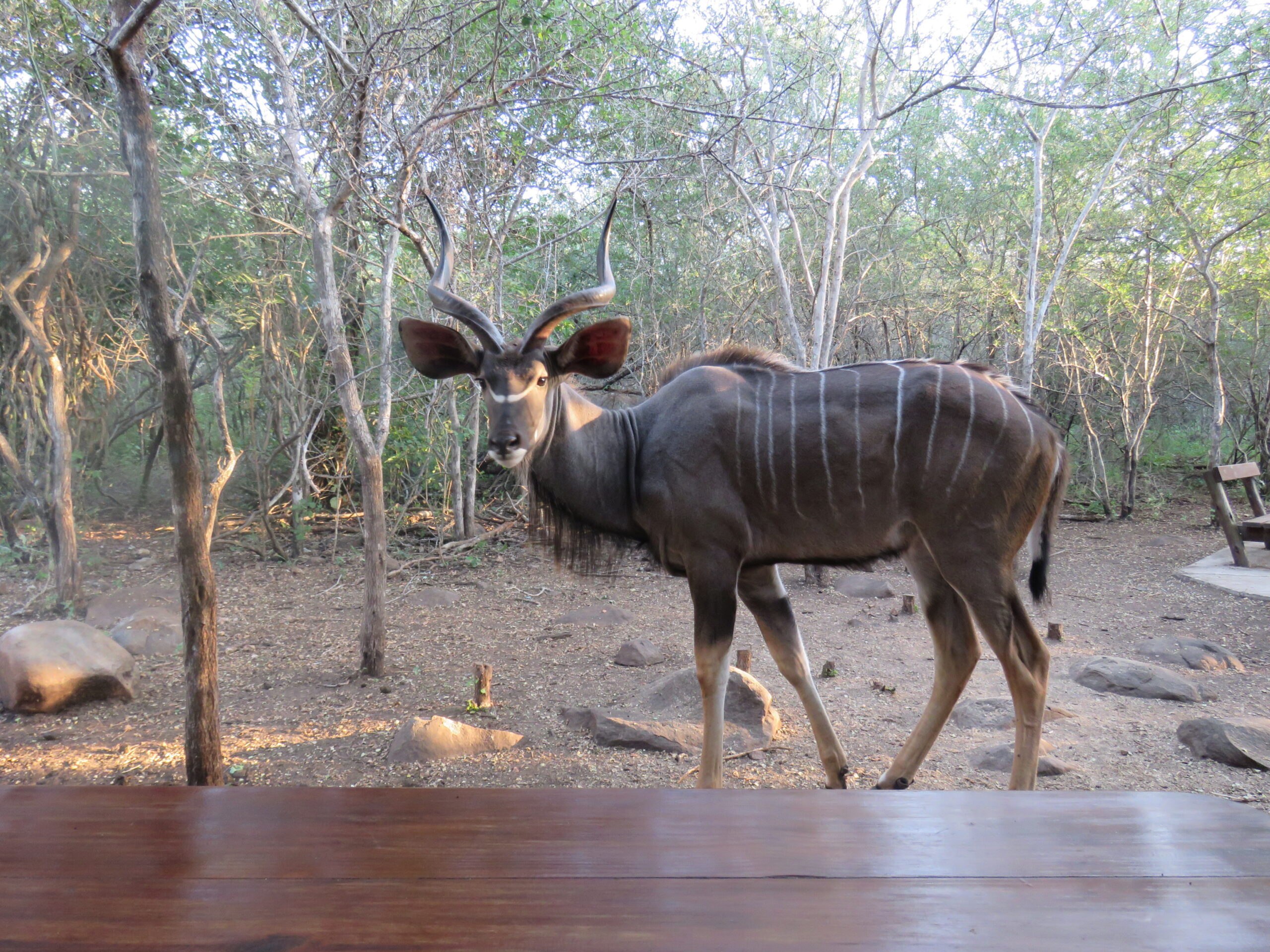
When we didn’t receive a confirmation text expected within 24 hours of both of us registering for South Africa’s Covid-19 vaccine, I searched online for possible reasons. When the site went live yesterday, we were two of the first 126,000 that registered. I found a mention that we may need to re-register again today due to traffic on the site.
If you didn’t see yesterday’s post, here is the link to register for the Covid-19 vaccine in South Africa.
Also, when I entered our US phone number with a “1” in front of the area code, I needed to use +1, but there weren’t enough spaces in the field to enter the +1, which is the US country code. Today, as soon as I’ve uploaded this post, I will re-register both of us, using Louise’s South Africa phone number for her to receive the texts to notify us that our application has been received and where and when to go for the vaccine sometime in May or later.
I don’t like inconveniencing her like this, but she is always willing to help in any way she can. We are assuming the South African vaccine portal didn’t accept our US phone number. We will see how that goes.

It’s a busy Saturday morning in the bush. There must not be as many holidaymakers here this weekend. This morning, we’ve had a steady stream of visitors, including the first “Big Daddy” kudu who visited our garden since we arrived in January.
His horns weren’t as massive as a more mature Big Daddy, but in time they will be. His massive muscular body was a treat to behold.
From this site:

Greater Kudu facts
- Kudu are highly alert and notoriously hard to approach. When they detect danger – often using their large, radar-like ears – they give a hoarse alarm bark, then flee with a distinctive, rocking-horse running motion, the male laying back his horns to avoid overhead obstructions.
- The common name kudu is derived from the indigenous Khoikhoi language of Southern Africa. The scientific name is Greek: Tragos denotes a he-goat and elaphos a deer; Strephis means ‘twisting,’ and Keras means ‘horn.’
- The horns of a mature bull kudu have two and a half twists and, if straightened, would reach an average length of 120cm. However, they may occasionally have three full twists, and the record length is a whopping 187.64cm. The horns do not begin to grow until the bull reaches 6–12 months, twisting once at around two years of age and not getting the full two-and-a-half twists until six. They have long served different traditional communities as both embellishment and musical instruments, including the shofar, a Jewish ritual horn blown at Rosh Hashanah.
- Male kudus are rarely physically aggressive but may spar during the courtship season, shoving one another with their horns. Occasionally, during these contests, their horns become interlocked and, if unable to free themselves, both males may die.
- The traditional sport of Kudu dung-spitting (Bokdrol Spoeg in Afrikaans) is practiced in the South African Afrikaner community. The winner is the contestant who can spit one of the antelope’s small, hard dung pellets the furthest – with the distance measured to where it comes to rest. An annual world championship was launched in 1994, with contests held at community events, game festivals, and tourism shows. The world record stands at 15.56m, set in 2006 by Shaun van Rensburg Addo.
Greater Kudu Conservation Status
According to the African Wildlife Foundation, with only 118,000 kudus remaining in the wild, kudus have a ‘near threatened conservation status.’ Hunters shoot them for their hides and meat, and their horns are a much-wanted collector’s item. Local people use their horns in rituals, store honey, or make instruments out of them. Habitat loss is another threat to the kudu population. Awareness and responsible travel are essential to preserving the kudu population.”
Based on today’s visiting kudu, we’re surmising he is approximately four years old. It was quite a treat to see him early this morning. I was still in bed when Tom quietly came to get me to see the kudu and take a few photos. I was awake, reading news on my phone, and couldn’t bolt out of bed fast enough.

As it turned out, this particular male was somewhat bold, coming up onto the veranda without hesitancy in search of pellets. Tom and I stayed inside, watching him through the screen door. Unintentionally (or not), kudus have been known to injure humans who get too close, some fatally. We weren’t about to take such a risk.
Once he backed off, Tom tossed out some pellets for him into the garden, which he was content to eat with enthusiasm. Once he was done, he wandered away toward the driveway. There was no way, with those big horns, he could make his way out through the dense bush, the reason we haven’t seen any Big Daddies in our garden during the past three months. However, we have seen fully grown males driving through Marloth Park or visiting friends with more miniature dense bush surrounding their property.
 |
| Spotting these yellow-tipped stamen on these Anthuriums in Kauai was a first for us. For more photos, please click here. |



